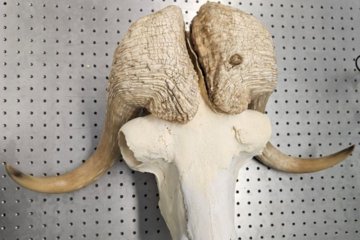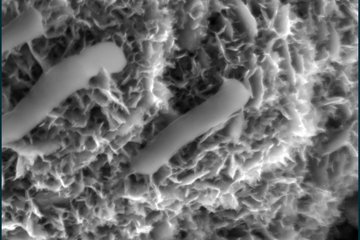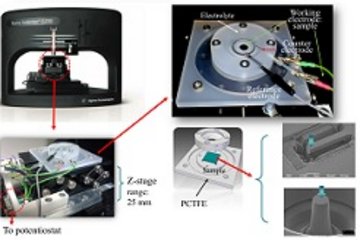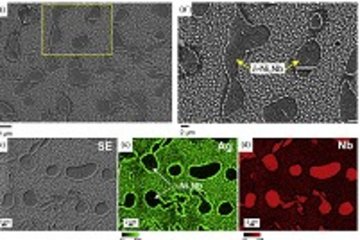All genres
401.
Talk
Spin-polarization-induced structural selectivity in substituted Laves phases. DPG Frühjahrstagung 2010, Regensburg, Germany (2010)
402.
Talk
First-principles and thermodynamic description of hydrogen interaction with vacancies in fcc iron. DPG 2010 Meeting, Regensburg, Germany (2010)
403.
Talk
Ab initio studies of nano-precipitation and growth in ferritic steels. DPG Frühjahrstagung 2010, Regensburg, Germany (2010)
404.
Talk
Strain-induced metal-hydrogen interactions across the 1st transition series: An ab initio study of hydrogen embrittlement. DPG Frühjahrstagung 2010, Regensburg, Germany (2010)
405.
Talk
First principles study of thermodynamic, structural and elastic properties of eutectic Ti-Fe alloys. DPG Spring Meeting 2010, Regensburg, Germany (2010)
406.
Talk
Structure and Energetics of the Stacking Faults in Austenitic FeMn Alloys Studied by First Principles Calculations. APS March Meeting 2010, Portland, OR, USA (2010)
407.
Talk
Ab initio determination of the magnetic free energy contribution of metallic systems. APS March Meeting 2010, Portland, OR, USA (2010)
408.
Talk
Spin-polarization-induced structural selectivity in substituted Laves phases. APS March Meeting 2010, Portland, OR, USA (2010)
409.
Talk
Ab-initio and thermodynamic description of interaction of hydrogen with vacancies in fcc iron. APS 2010 Spring Meeting, Portland, OR, USA (2010)
410.
Talk
Strain-induced metal-hydrogen interactions across the 1st transition series: An ab initio study of hydrogen embrittlement. APS March Meeting 2010, Portland, OR, USA (2010)
411.
Talk
First principles study of thermodynamic, structural and elastic properties of eutectic Ti–Fe alloys. March meeting of the American Physical Society (APS), Portland, OR, USA (2010)
412.
Talk
Computing Ab Initio Free Energy Contributions of Point Defects. APS March Meeting 2010, Portland, OR, USA (2010)
413.
Talk
Computing Ab Initio Free Energy Contributions of Point Defects. 139th Annual Meeting of the Minerals, Metals and Materials Society (TMS), Seattle, WA, USA (2010)
414.
Talk
Towards a First-Principles Understanding of the Iron Phase Diagram. 139th Annual Meeting of the Minerals, Metals and Materials Society (TMS), Seattle, WA, USA (2010)
415.
Talk
First principles calculations of the stacking fault energies for Mn and Fe. Computational Materials Science on Complex Energy Landscapes Workshop, Imst, Austria (2010)
416.
Talk
Chemical trends for the solution enthalpy of hydrogen in 3d transition metals. Computational Materials Science on Complex Energy Landscapes Workshop, Imst, Austria (2010)
417.
Talk
Stacking fault properties in high-Mn steels: An ab initio study. Computational Materials Science on Complex Energy Landscapes Workshop, Imst, Austria (2010)
418.
Talk
Ab initio determination of the magnetic free energy contribution of metallic systems. Computational Materials Science on Complex Energy Landscapes Workshop, Imst, Austria (2010)
419.
Talk
Spin-polarization-induced structural selectivity in substituted Laves phases. Workshop, Imst, Austria (2010)
420.
Talk
Polarization-induced charge carrier separation in realistic polar and nonpolar GaN quantum dots. Computational Materials Science on Complex Energy Landscapes Workshop, Imst, Austria (2010)











